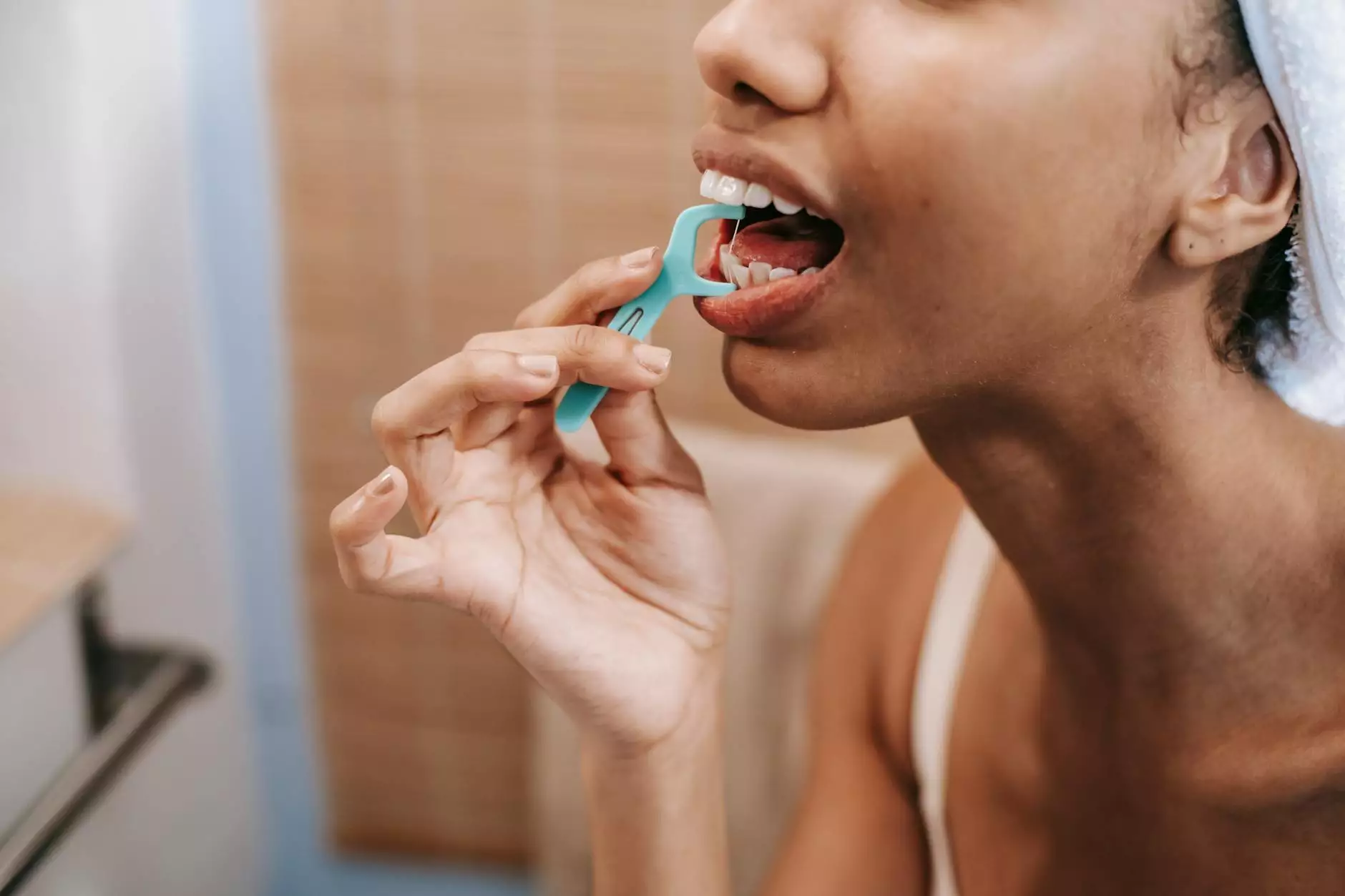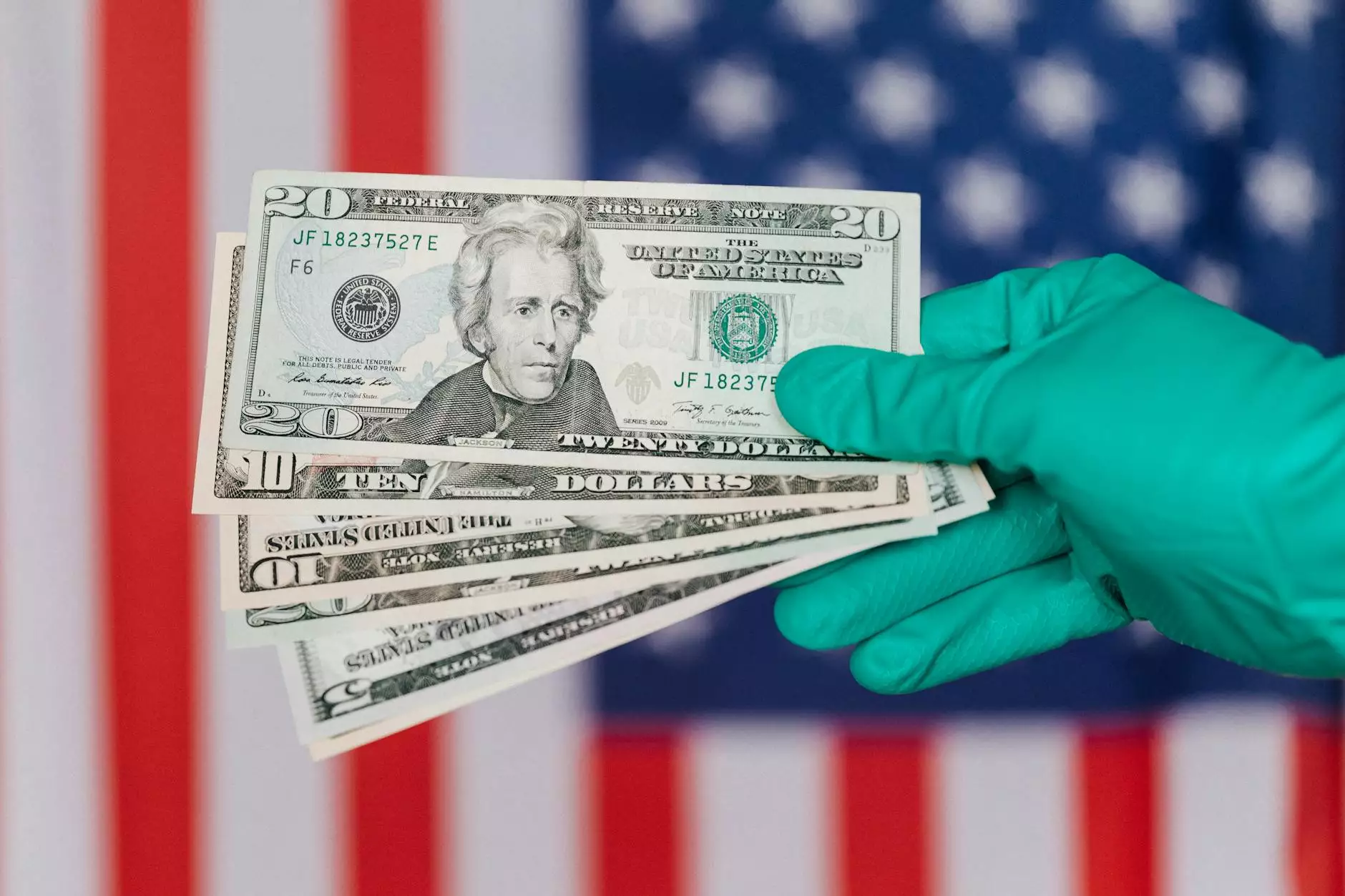How to Stop Grinding Teeth at Night

Do you often wake up with a sore jaw or dull headache? You may be unknowingly grinding your teeth at night, a condition known as bruxism. This involuntary teeth grinding can lead to various dental issues and discomfort. In this comprehensive guide, 92 Dental will provide you with valuable insights and effective strategies to help you put an end to this habit and protect your teeth.
Understanding Bruxism
Bruxism is a common oral parafunctional activity that involves clenching or grinding your teeth. While occasional teeth grinding may not cause harm, persistent bruxism can lead to serious dental problems, including worn tooth enamel, tooth sensitivity, jaw pain, and headaches.
Signs and Symptoms of Bruxism
Recognizing the signs and symptoms of bruxism is crucial in addressing the issue. Common indicators of bruxism include:
- Grinding or clenching sounds during sleep
- Worn tooth enamel
- Jaw pain and tightness
- Headaches, particularly in the morning
- Tooth sensitivity
- Sleep disturbances
Effective Strategies to Stop Grinding Teeth at Night
There are several practical methods and lifestyle changes that can help you manage and prevent nighttime teeth grinding. Follow these tips to protect your oral health:
1. Stress Management
Stress is a major trigger for bruxism. Practice relaxation techniques such as deep breathing, meditation, or yoga to reduce stress levels and minimize teeth grinding.
2. Night Guards
Wearing a custom-fitted night guard while sleeping can help prevent teeth grinding and alleviate pressure on the jaw muscles. Consult your dentist to get a night guard that suits your mouth comfortably.
3. Muscle Relaxation Exercises
Engage in jaw and facial muscle relaxation exercises before bedtime to loosen the tension in your jaw. Simple techniques like gently massaging your jaw muscles can help reduce grinding.
4. Good Sleep Hygiene
Establish a bedtime routine that promotes relaxation and quality sleep. Avoid caffeine and alcohol close to bedtime, and create a comfortable sleep environment to enhance your sleep quality.
5. Dental Check-Ups
Regular dental check-ups are essential to monitor your oral health and detect any signs of bruxism early on. Your dentist can provide personalized recommendations to address your teeth grinding habit.
Improving Your Oral Health
By taking proactive measures to stop grinding your teeth at night, you can protect your teeth from damage and improve your overall oral health. Be consistent with your efforts and seek professional guidance from dental experts at 92 Dental for effective solutions.
Don't let nighttime teeth grinding affect your oral health any longer. Implement these strategies and make a positive change for your teeth and well-being. Remember, a healthy smile starts with proper care and awareness. Take control of your oral health journey today!
how to stop grinding teeth at night








